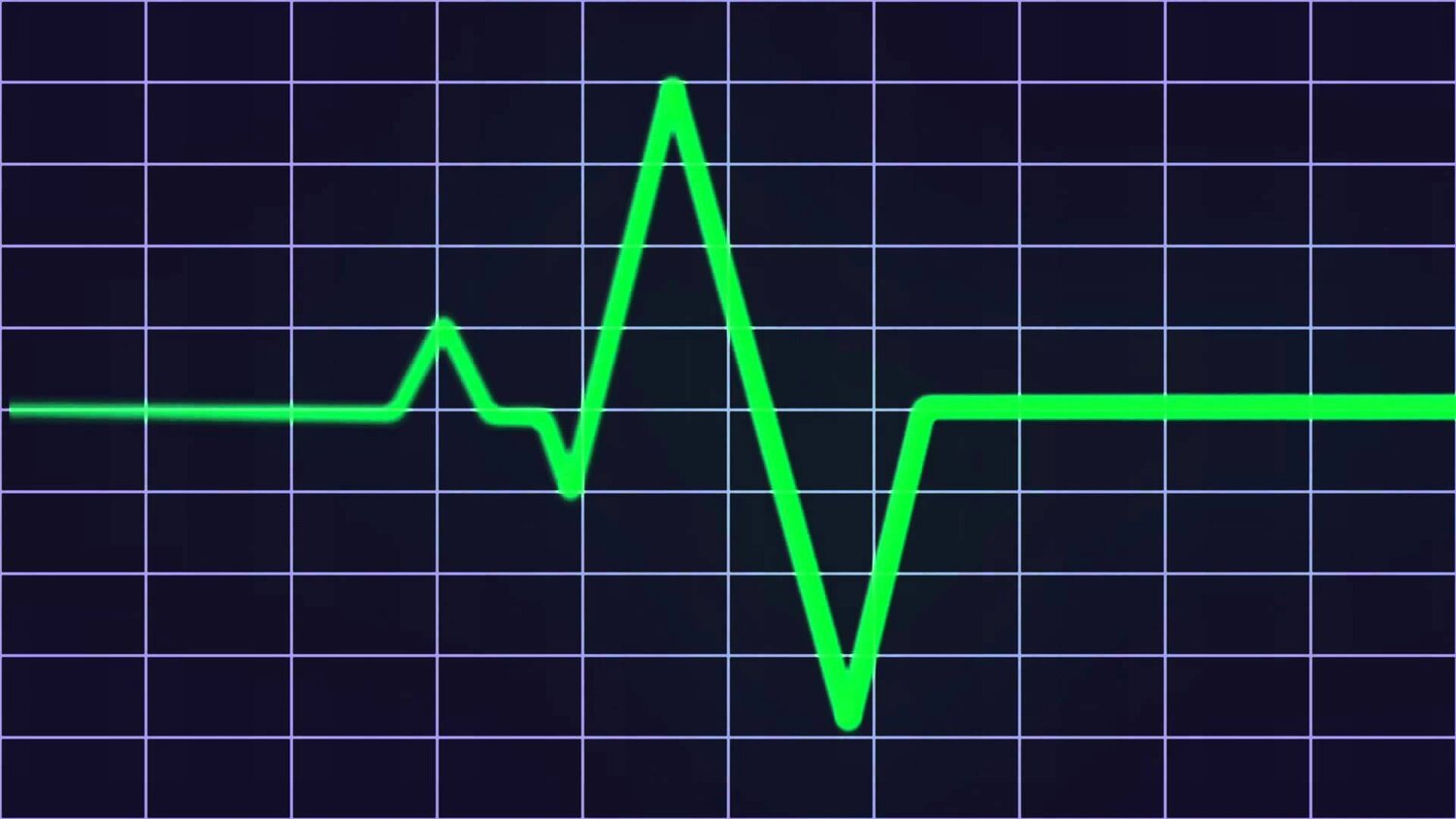Shock Index with Basic SQI
Value Proposition
Shock Index is the measure of heart rate divided by systolic blood pressure and is useful in predicting the severity of hypovolemic shock and hemodynamic condition. Despite being a valuable clinical tool, caregivers are forced to manually compute shock index using physiologic data from the monitors which creates a time and energy barrier. Signal Quality Index eliminates noisy data from the continuous computation of Shock Index, saving time and improving accuracy of real-time clinical decision making.
Competitive Advantage
In addition to ensuring a robustness in shock index computation, SQI-Lite also provides a severity assessment. Based on the values of computed SI, clinicians are able to categorize patients into three different severity levels: normal, moderate, and severe. The patients are continuously ranked in comparison to other patients being monitored in the same way, allowing caregivers to prioritize their most critical patients. Moreover, being able to analyze the past trends in a patient’s SI values can be very useful in assessing the patient’s hemodynamic condition.
Unique Features
Continuous monitoring
Real-Time streaming data
Automatic computations
Streamlines decision-making
Continuous severity assessment
Licensing Information
AirStrip in 2017
Principal Investigators
Ashwin Belle, PhD
Mark Salamango
Intellectual Property
Invention Disclosure # 2017-7485
Patent Applications Submitted
Solution Sheet
Download Solution Sheet (PDF)
Hemodynamic monitoring is a mainstay in the care of critically ill patients. By reducing time and improving accuracy of clinical decisions, Shock Index with SQI can be very useful in the treatment of monitored patients.
Contact AirStrip for more information about investment and partnership opportunities.
Funding History
Substantial departmental, school and center based support
Funding Organizations
Publications
None at this time



